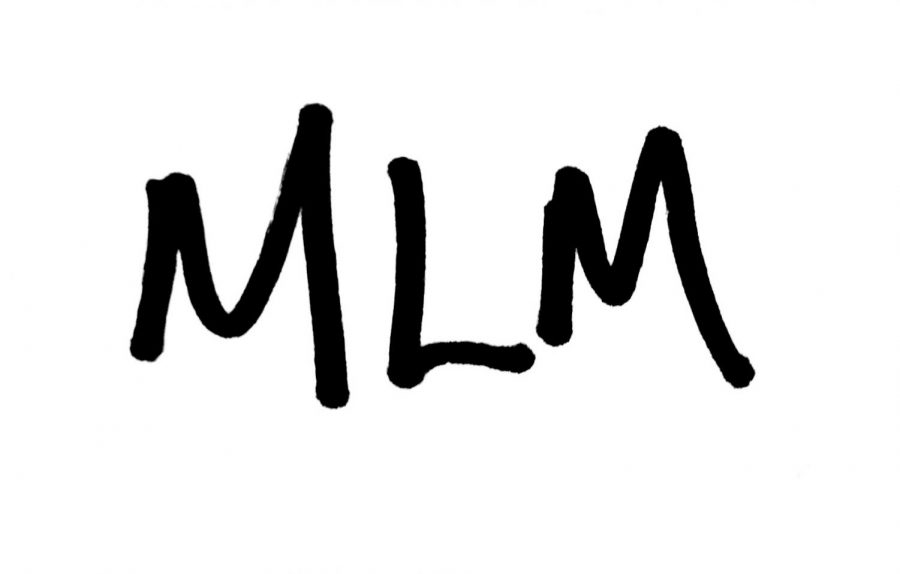Martinez: Journalists should use more accessible language
April 15, 2018
A few weeks ago, I was finishing up my column about Korea in my hotel room, asking my mother to fact-check what I wrote. My grandmother asked what was going on, and we explained that I was writing an essay about my experience of meeting family in this new country.
“That’s great, Marissa. I’m so proud,” she said. “Make sure you send to me when it’s done. I might not understand whole thing, but I try to read.”
Those words stayed with me longer than they should have. My grandmother really wanted to connect with me, especially since I was writing about something important to both of us. Even though our love for Korea is something we share, she still thought my column would be filled with complicated words, too hard to understand.
This problem concerns journalism as a whole. As writers, we often want to use language that communicates not only important ideas, but also our own intelligence. When I think of examples, many New Yorker articles quickly come to mind: sentences that are basically paragraphs, words so long you need to take a breath in the middle when reading them aloud. Even though this style of writing makes authors sound good, it often turns away the audiences they need to reach the most.
Journalism is an essential part of our democracy, and as we grow more diverse, reporters and writers need to find ways to recognize a changing population. Informing the public is hard when many parts of that public are unable to read the article itself.
As journalists, we need to start covering non-English-fluent communities more as they are vital to understanding the American population as a whole. For many American students, this knowledge is not always a priority — our education system doesn’t require us to understand how to speak or think in another language.
Of course, illiteracy is not limited to only immigrants to the United States, and not all immigrants rate themselves as speaking English less than “very well” on the Census. However, a good portion of the country is unable to gain information not because the ideas are hard to understand, but because they are written in an inaccessible way.
When Amy Tan was in the middle of writing her book, “The Joy Luck Club,” she too felt that her style had fallen into a pattern of difficult words that were long just for the sake of being long. So she pictured herself talking to her mother, trying to capture the in-between English she spoke at home. In her essay “Mother Tongue,” she wrote, “I knew I had succeeded where it counted when my mother finished reading my book and gave me her verdict: ‘So easy to read.’”
At an elite university, we are exposed to readings and conversations that prove the privilege of hard-to-reach language is all around us. These words definitely have their place, but journalists need to move past them to make sure as many people as possible can access information. It’s an active choice to monitor the way we write and think about those with different reading backgrounds than ours. And it’s an important one.
I know that my grandmother may not be able to understand every word in all my articles, columns and essays. But just as I do in this column, I will always write with her in mind.
Marissa Martinez is a Medill freshman. She can be contacted at [email protected]. If you would like to respond publicly to this column, send a Letter to the Editor to [email protected]. The views expressed in this piece do not necessarily reflect the views of all staff members of The Daily Northwestern.


